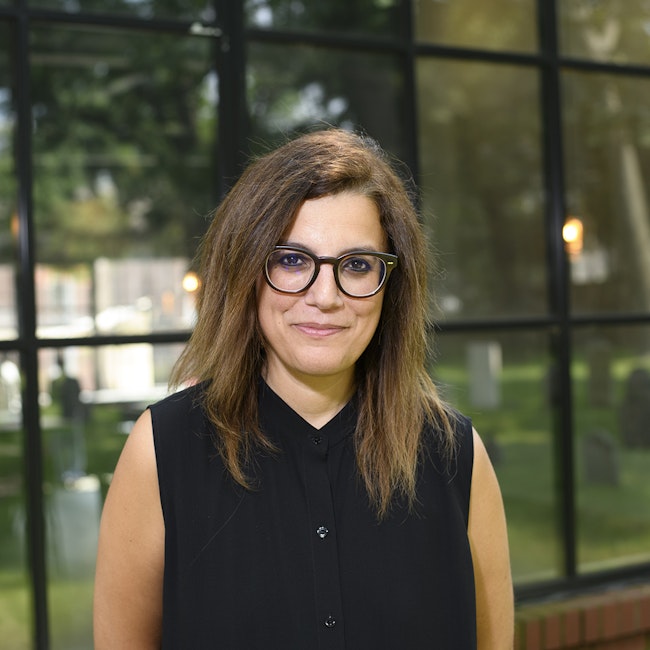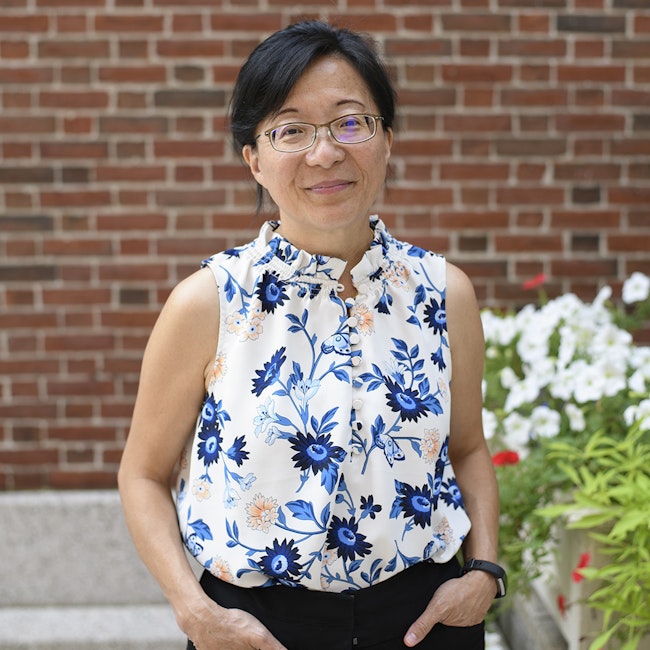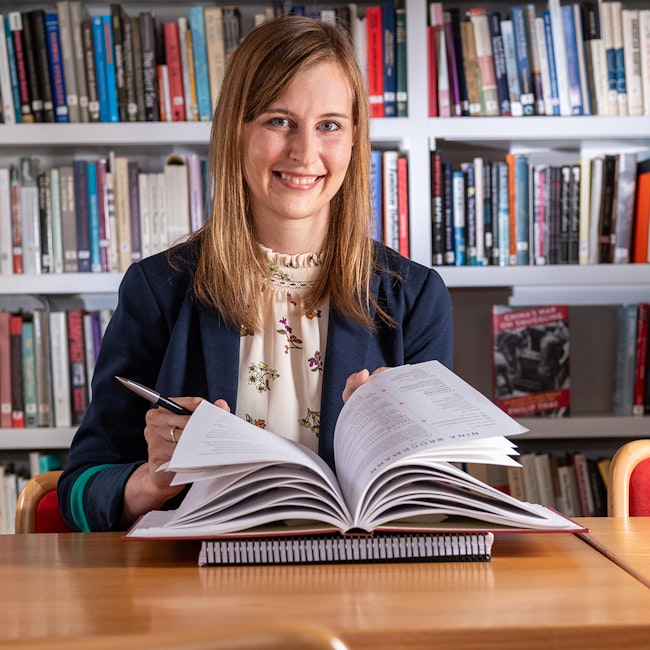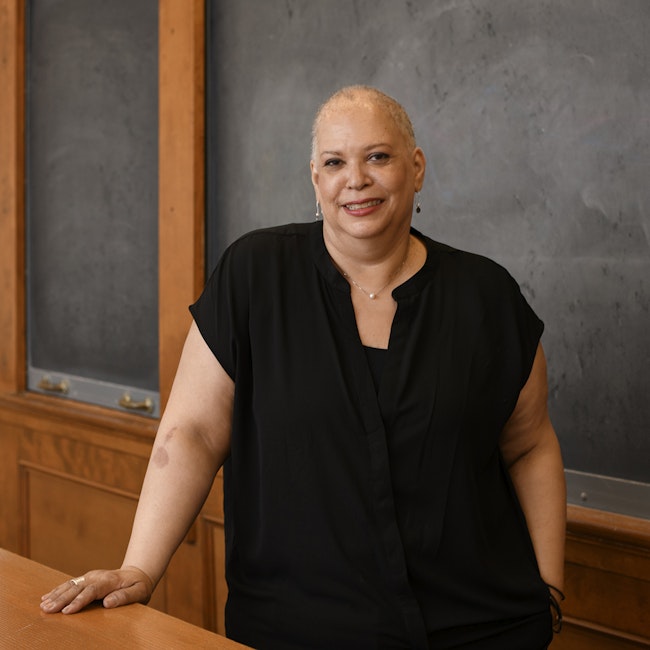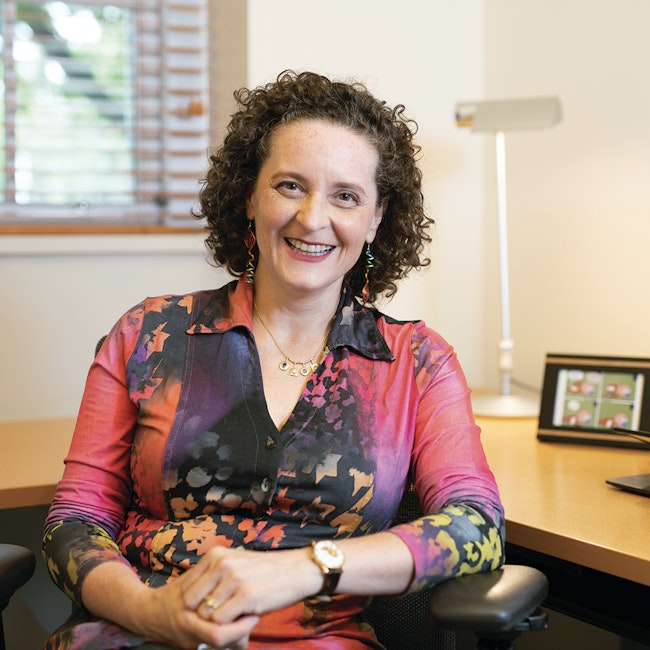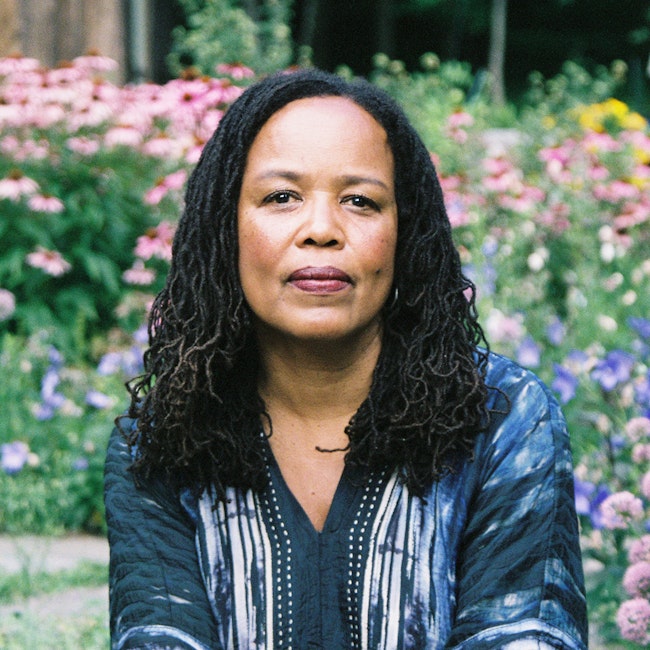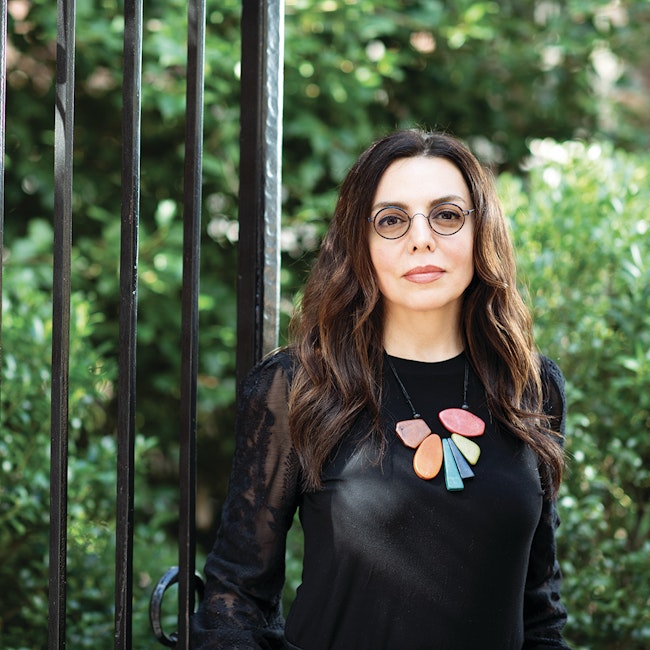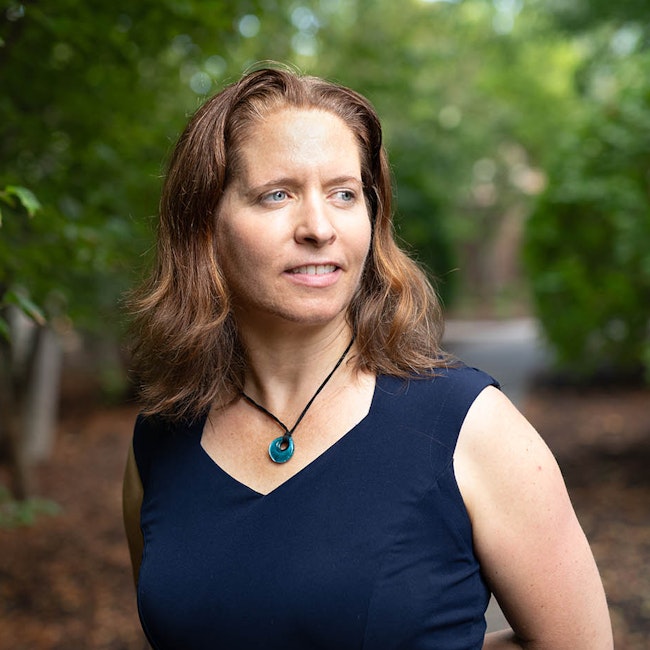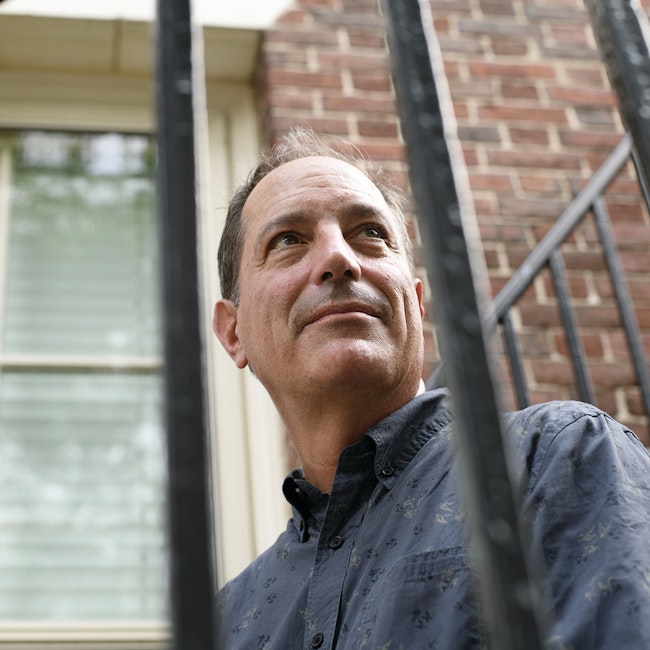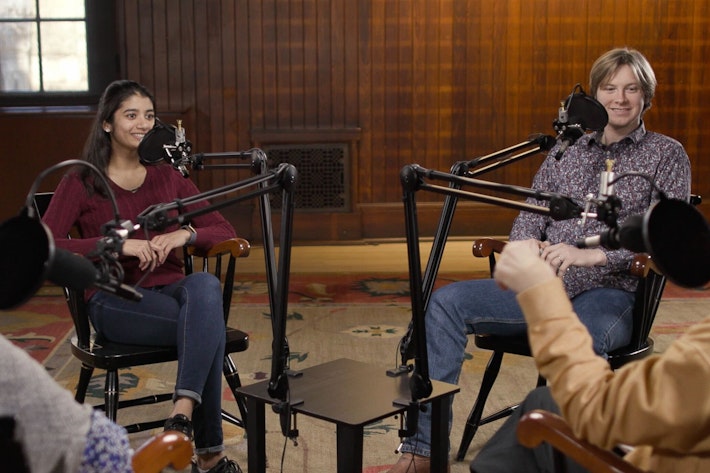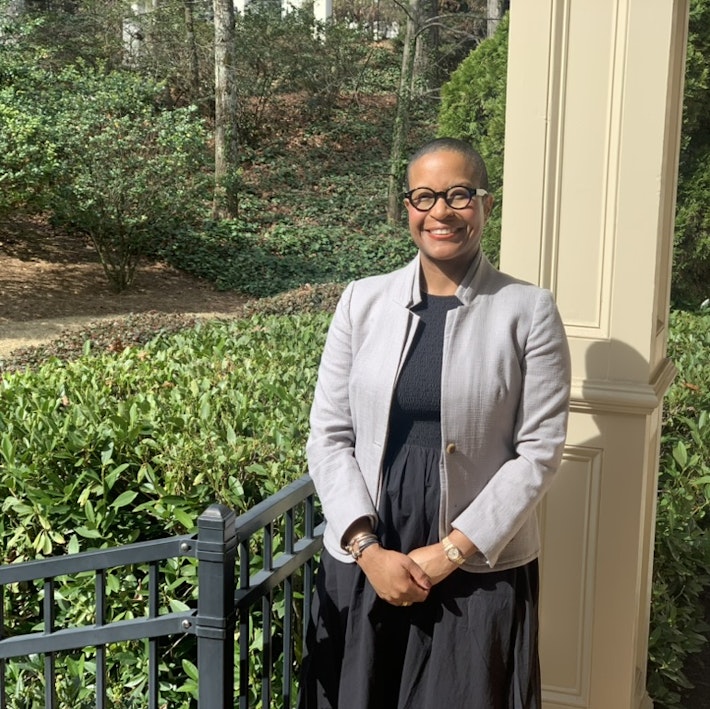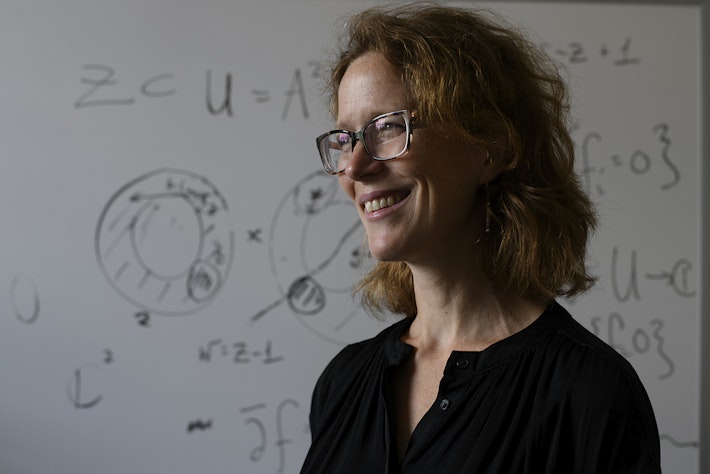Sandra Citi
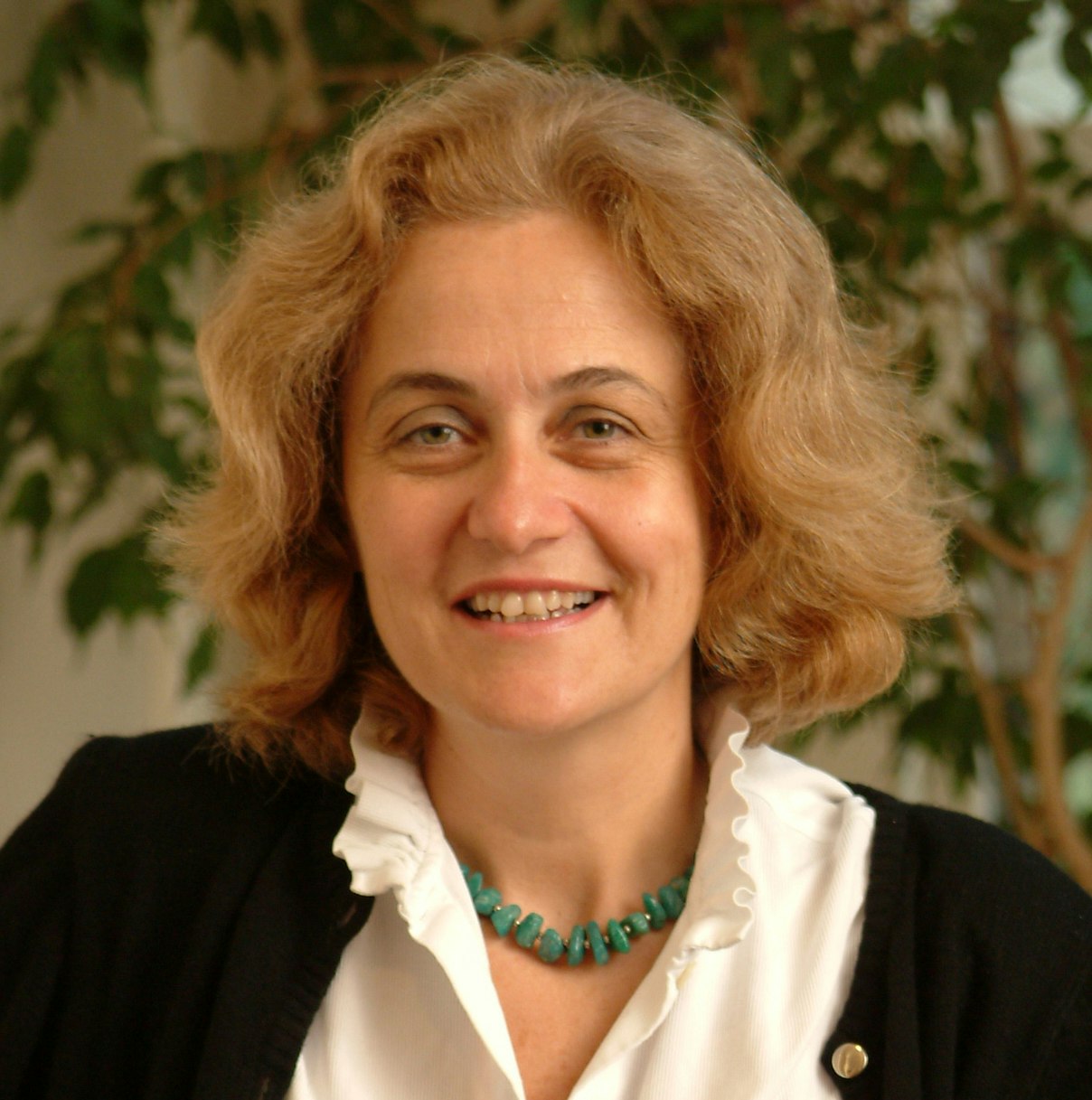
This information is accurate as of the fellowship year indicated for each fellow.
Sandra Citi is interested in the molecular mechanisms that control morphogenesis and cell-to-cell interactions in vertebrate epithelial tissues. Her research, conducted at the University of Geneva in Switzerland and the University of Padova in Italy, focuses on the functional roles and interactions of proteins localized at specific types of cell-to-cell junctions, called tight junctions. Without cell-to-cell junctions, our bodies would disintegrate. Besides adhesion, cell-to-cell junctions serve many other purposes (communication, signaling, and growth regulation, for example) and are therefore of fundamental importance in the development of multicellular organisms and in the pathogenesis of several human diseases.
As a Radcliffe Institute fellow, Citi plans to study the role of junctional proteins in animal development and in epithelial differentiation. She will conduct experiments to modify the levels of cingulin, one component in tight junctions, in developing embryos and cultured cells to understand whether cingulin is important in the differentiation of epithelial cells and morphogenesis of epithelial organs. With these studies, she hopes to gain insight into the molecular mechanisms by which epithelial cells differentiate, control their growth and proliferation, and understand how they associate with each other to form boundaries between different tissue compartments.
Citi earned her biology and medical degrees at the University of Florence in Italy and her PhD at the Medical Research Council Laboratory of Molecular Biology in Cambridge, England. Before taking a position as assistant professor of cell biology and anatomy at Cornell University Medical College, she was a postdoctoral fellow at the Weizmann Institute of Science in Israel. Her honors include fellowships from the European Molecular Biology Organization, the British Council, and the Ludovisi-Boncompagni Foundation as well as awards from the American Cancer Society, the National Institutes of Health, the Swiss National Science Foundation, the Roche Research Foundation, and the Swiss Cancer League.
